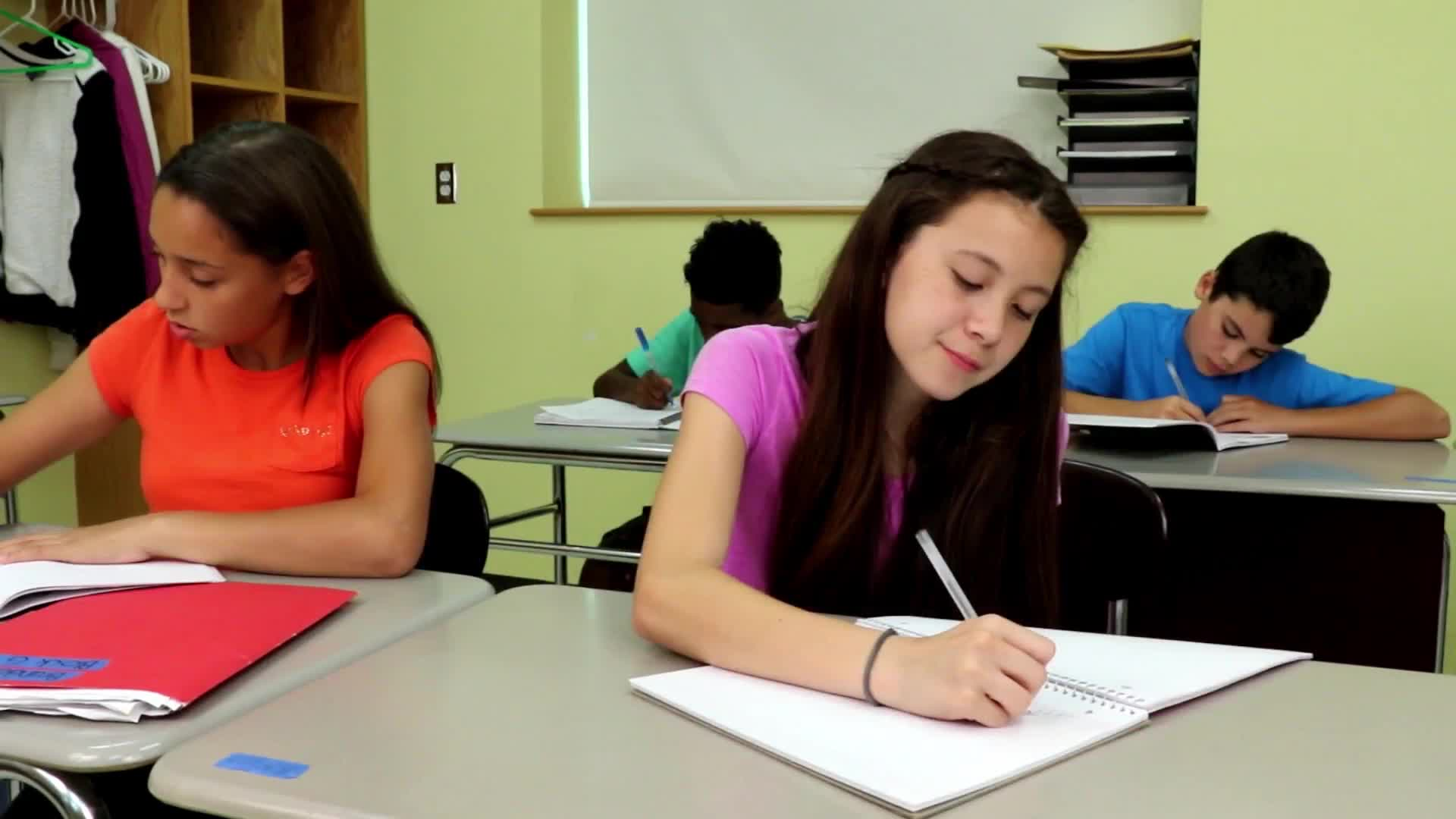
Developing self-regulation skills is crucial for kindergarten students as they navigate their first experiences within a structured learning environment. In this blog post, we will explore the significance of self-regulation, how specialists can support its development, and how to create effective IEP goals that promote this essential skill in young learners.
Understanding Self-Regulation in Kindergarten Students
Self-regulation refers to a student’s ability to manage their emotions, behaviors, and attention in response to various situations within the classroom. It plays a significant role in a child’s learning, social interactions, and overall wellbeing. By developing self-regulation skills, kindergarten students can better adapt to classroom rules, maintain focus, and avoid disrupting their peers.
The Role of Specialists
- Speech-Language Pathologists: can help students improve their communication skills, enabling them to express their emotions and needs effectively.
- Social Workers: can provide support in understanding social norms and expectations, fostering better peer interactions and classroom behavior.
- Psychologists: can assist in identifying underlying emotional or behavioral challenges that may hinder self-regulation and recommend appropriate strategies.
- School Counselors: can offer guidance on coping mechanisms and self-advocacy skills, empowering students to self-regulate in various situations.
IEP Goals for Self-Regulation
Here are some SMART IEP goals to support the development of self-regulation skills in kindergarten students:
-
Goal: The student will follow classroom rules and remain seated during independent work time for 15 minutes, increasing to 30 minutes, over a 6-week period.
- Strategy: Use visual cues, such as a timer, to help the student track their progress.
- Activity: Practice deep breathing exercises to maintain focus and manage boredom.
-
Goal: The student will engage in a quiet, independent activity, such as reading or drawing, when they finish their work for 3 consecutive weeks.
- Strategy: Establish a designated “quiet zone” in the classroom for independent activities.
- Activity: Provide a variety of age-appropriate books and drawing materials to encourage engagement.
-
Goal: The student will demonstrate respectful behavior by not disrupting their peers during work time for 4 out of 5 days per week for 8 weeks.
- Strategy: Implement a token system to reward positive behavior and encourage self-regulation.
- Activity: Teach and practice mindfulness techniques to help the student remain calm and focused.
Implementing and Measuring Progress
Consistent monitoring and documentation are crucial for measuring progress and making necessary adjustments. Collaborate with other educators and specialists to ensure a cohesive approach to implementing IEP goals. Use various assessment methods, such as observations, checklists, and self-assessments, to evaluate the student’s growth in self-regulation skills.
Conclusion
Effective IEP goals for self-regulation in kindergarten students can have a profound impact on their learning and social experiences. By working together with specialists and implementing targeted strategies, educators can support the development of these essential skills. We encourage you to apply these IEP goals and explore more resources at Everyday Speech Sample Materials.







